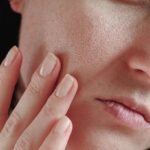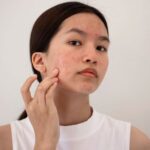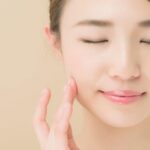## Natural Acne Treatment: Discover the Power of Honey, Cinnamon, and More
Honey and Cinnamon
Honey possesses natural antibacterial properties that can help fight acne, while cinnamon’s anti-inflammatory qualities reduce redness and swelling. Create a smooth paste by mixing honey and cinnamon powder. Apply the mask to your face and let it dry for about 10-15 minutes before rinsing with warm water.
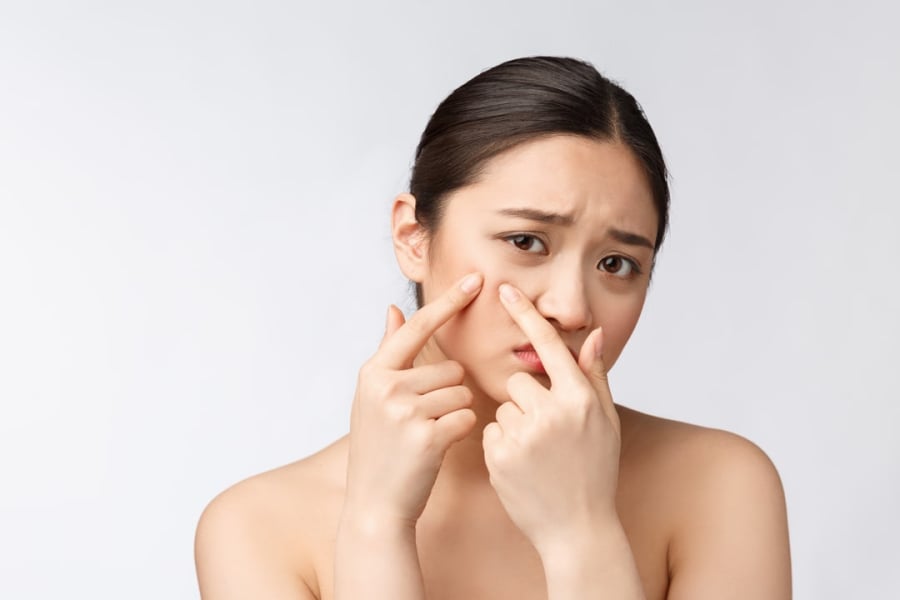
Bid farewell to acne and embrace a confident, radiant complexion.
Mung Bean, Turmeric, and Yogurt
Mung bean powder gently exfoliates the skin, while yogurt moisturizes and combats acne with its lactic acid content.
Combine mung bean and turmeric powders with yogurt to form a thick paste. Apply it to your face for 20 minutes, then rinse with warm water.
Turmeric and Yogurt
Turmeric is rich in curcumin, a potent anti-inflammatory and antibacterial agent that helps alleviate acne symptoms. Yogurt, on the other hand, contains lactic acid, which exfoliates and soothes the skin.
Mix turmeric powder with yogurt to create a paste. Apply it to your face and let it sit for about 15–20 minutes. Rinse with cold water.
Green Tea and Honey
Green tea is packed with antioxidants that possess anti-inflammatory properties. Honey, a natural antibacterial and moisturizing agent, replenishes moisture in acne-prone skin. Mix these ingredients and apply the mask to your face. Leave it on for 15–20 minutes before rinsing with water.
Oatmeal and Honey
Oatmeal gently exfoliates the skin and absorbs excess oil. Honey, with its antibacterial properties, eliminates acne-causing bacteria.
Blend oatmeal powder with honey and a small amount of water to form a paste. Apply it to your face for 15–20 minutes and then rinse with warm water.
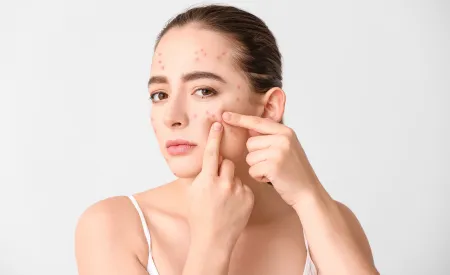
Discover the secrets to achieving clear, healthy skin naturally.
Tea Tree Oil and Aloe Vera
Tea tree oil is a powerful antibacterial and anti-inflammatory agent. Aloe vera soothes and cools irritated, red skin.
Peel and clean the aloe vera leaf, then scrape out the gel. Mix the gel with tea tree oil and apply the mixture to your acne-prone areas. Leave it on for 20 minutes before rinsing.
Aloe Vera and Turmeric
Aloe vera provides moisture and comfort to the skin, while turmeric’s anti-inflammatory and antibacterial properties help prevent acne breakouts.
Blend aloe vera gel with turmeric powder to create a thick paste. Apply it to your face, leave it on for 15–20 minutes, and then rinse with cool water.
Honey and Lemon
Honey has antibacterial properties, and lemon juice helps tighten the skin, reducing excess oil and fading acne scars.
Combine honey and lemon juice, and apply the mixture to your face. Leave it on for 15–20 minutes, then rinse with warm water.
Turmeric and Honey
The combination of honey’s antibacterial properties and turmeric’s anti-inflammatory benefits makes this mask highly effective in treating acne.
Mix turmeric powder with honey to form a paste. Apply it to your face for 15–20 minutes before rinsing.
Not all skin types are the same, so it’s important to choose a mask that suits your specific needs. For example, if you have dry skin that’s prone to acne, opt for a moisturizing mask with ingredients like honey or butter.
The 6 Main Culprits Behind Your Skin’s Woes
Acne is a common skin condition that affects many people, especially adolescents and those with sensitive skin. It can be a source of great distress, impacting self-esteem and confidence. The journey to achieving clear skin can often be challenging and overwhelming, with countless treatments and remedies available, leaving those affected confused and unsure of where to start.

























